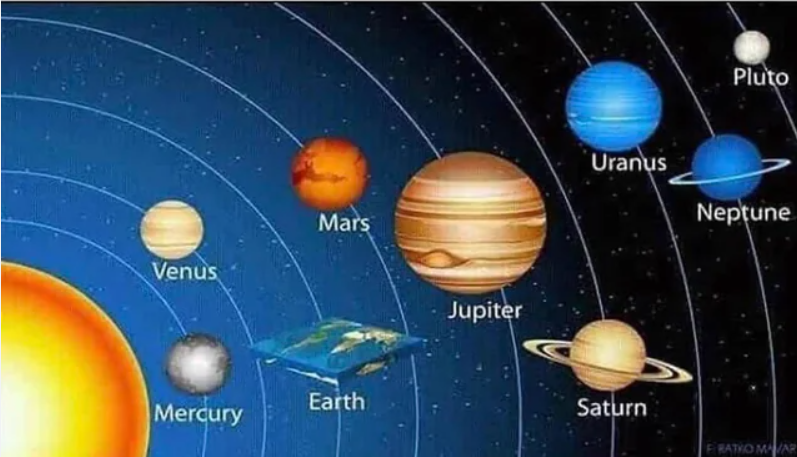Generally, yes, by its own standard, the premise of fallibilism is fallible. It seems to me that whether or not you arrive at a contradiction depends on how you formulate it.
Let me demonstrate it with a couple modal definitions:
If we define "fallibilism is true" as equivalent to the proposition "all propositions are possibly false" ($P_1$), we get (S5):
$$P_1 \coloneqq \forall P , (\Diamond \neg P)$$
$$P_1 \implies \Diamond \neg P_1$$
$$\Diamond \neg P_1 \equiv \Diamond \exists P : \Box P$$
So
$$P_1 \implies \Diamond \exists P : \Box P$$
So we see that "all propositions are possibly false" implies "possibly, some proposition is not possibly false". Here the implication seems somewhat counterintuitive, but there isn't exactly a blatant contradiction. This isn't the case, however, if you equate "fallibilism is true" with "it is not possible that there exists a necessarily true proposition" ($P_2$):
$$P_2 \coloneqq \neg \Diamond \exists P : \Box P$$
$$P_2 \implies \Diamond \neg P_2$$
$$\Diamond \neg P_2 \equiv \Diamond \exists P : \Box P$$
$$\Diamond \exists P : \Box P \equiv \neg P_2$$
So
$$P_2 \implies \neg P_2$$
So with $P_1$ we just get $P_1 \implies \Diamond \neg P_1$ but with $P_2$ we also get $P_2 \implies \neg P_2$.


